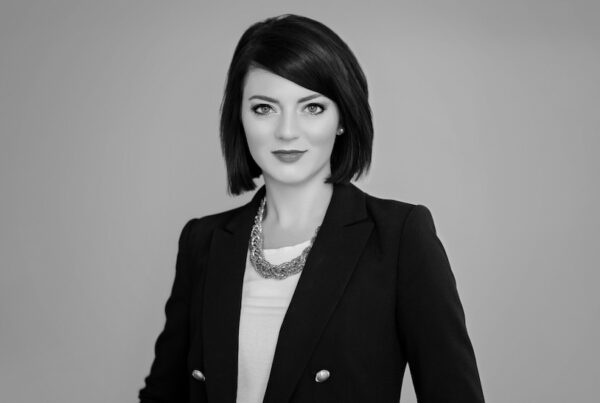News >

Annalect’s Erin Matts: Linear TV to Soon Benefit From Targeted Ad Sales Processes Now Widely Used in Digital
This article was originally published by Beet.tv
CES may be thought of as a technology show, but there is one kind of technology product that dependably still takes center-stage at the event – televisions.
In Las Vegas, Beet.TV found technology executives eager to say that, despite growing industry concern at changing viewer behavior, TV still has unique qualities. But they also said now is the time for TV to embrace new digital demands.
“(There is) emotional residence and empathy that goes along with great storytelling that’s right front and center, right in the middle of your living room and there really hasn’t been much to replace something as powerful and meaningful as that,” says Annalect North America Chief Executive Officer Erin Matts in this video interview with Beet.TV. Annalect is a unit of the Omnicom Media Group.
“That being said, for a number of years now, television has been left by the wayside when it comes to a truly data driven approach.”
Matts says, whilst TV has always had data of some form to sell ads with, the rise of “programmatic” ad trading has led to a more scientific approach, making TV look antiquated.
Matts sees linear television soon benefiting from the same kind of programmatic, laser-targeted ad sales processes now widely used in digital advertising.
But her company Annalect, which provides consulting and insights technology, is using an approach called “behavioral optimisation” as a stepping stone.
“It essentially helps us identify audiences at an individual level and applies that and overlays that,” she says. “There’s a lot of advanced analytics that goes into this.
“(It) applies that to a traditional television buy of, say, ‘women 25 to 54’. But perhaps I want to talk to ‘women who drive convertibles on Tuesdays during a full moon’, or whatever that happens to be and I can still find those individuals within that television by and serve the right kinds of ads to those people that are going to be relevant to that particular audience versus the broad ‘women 25 to 54’.”


